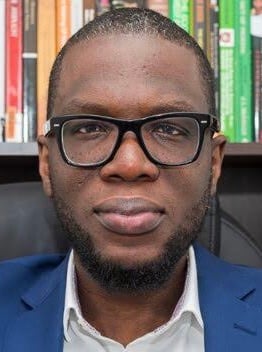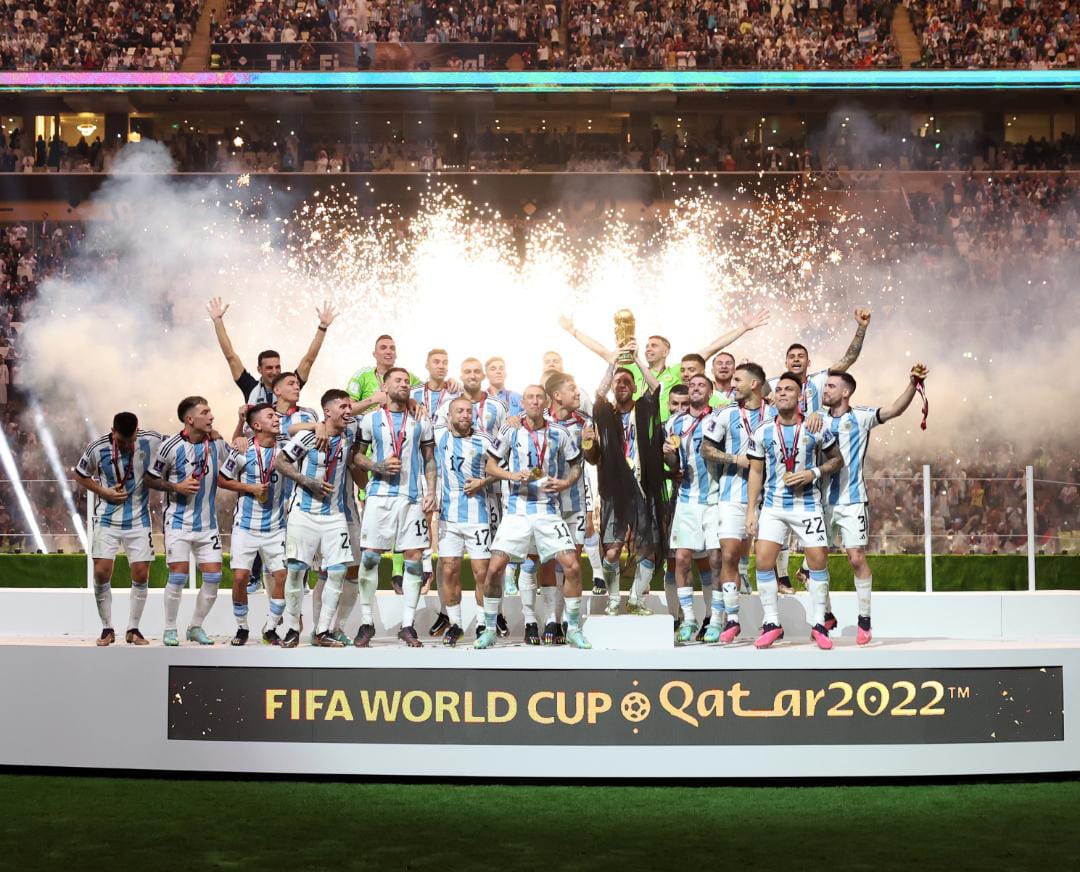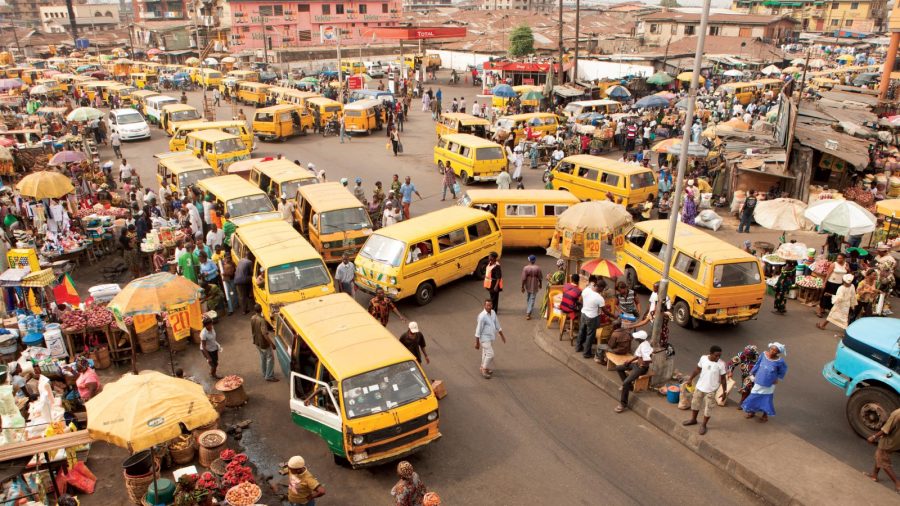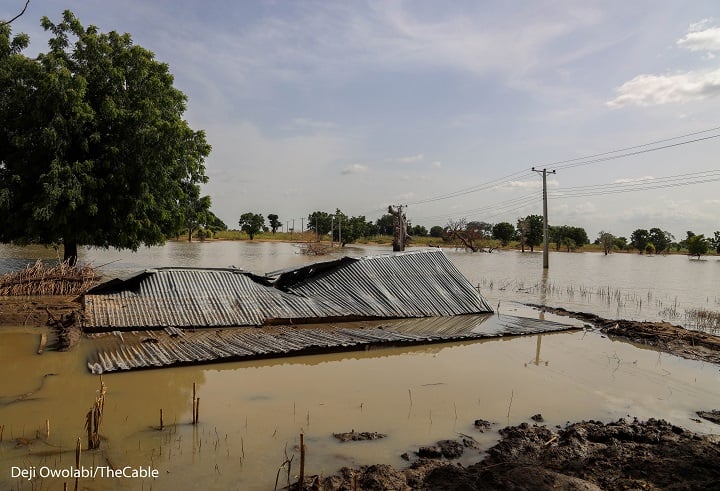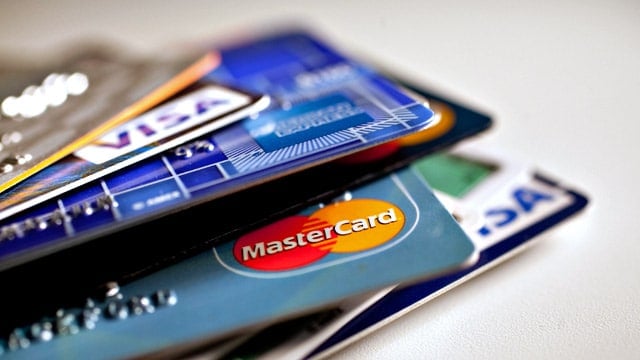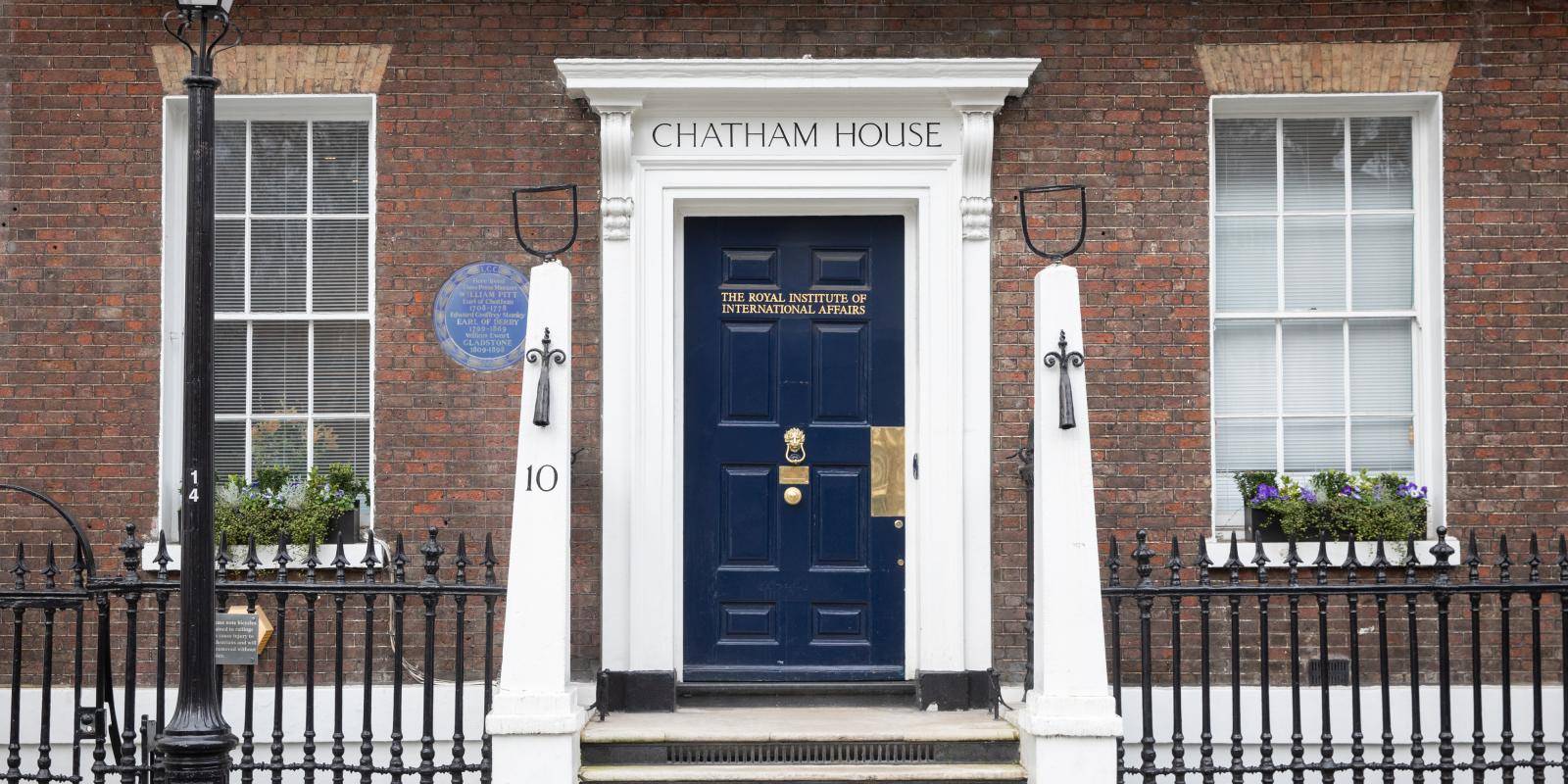As Nigerians go to the polls in 2023 to elect new leaders who will inherit arguably the most challenging set of economic and social problems in the country’s history, there is at least some good news to be found amid all the excitement and online jostling between rival supporters of the leading candidates. Trying to find out what Nigerians think ahead of voting is now important enough to Nigerians and non-Nigerians that several polling organisations – foreign and local – are putting time, effort and resources into the endeavour.
To be clear, this is not exactly new. As Nigeria’s current iteration of a democratic system of governance which began in 1999, has gone on and on past the two-decade mark, so too has polling become established as a worthy endeavour, even if very slowly. But something feels different about this time. For one thing, the number of polls – using different methodologies – has increased. It can never be a bad thing having different people take a stab at unlocking the mysteries of what Nigerians think. While this may mean there is now a greater risk of polls conducted with ‘motivated reasoning’, they still get us closer to the truth by what they find or deliberately choose not to find.
In late September, the US media giant, Bloomberg, made a splash by revealing the results of a poll of nearly 4,000 Nigerians it commissioned Premise Data Corp to conduct. It found that an astonishing 92% of those polled had decided on which candidate they would vote for, a good six months before the elections. No less eye-catching were the results of the poll, which showed that Peter Obi, the insurgent candidate of the Labour Party who has been riding the wave of backlash against the two main parties, had a commanding lead over Bola Tinubu of the APC and Atiku Abubakar of the PDP. 72% of the respondents said they intended to vote for Mr Obi as President, with only 16% backing Mr Tinubu and 9% for Mr. Abubakar. Given that the best a third-party candidate has done since 1999 was Nuhu Ribadu coming a distant third in 2011, a poll putting Mr Obi miles ahead of the field,was always going to invite deep scrutiny. Eventually, the reason for the outlier result became obvious – the nearly 4,000 respondents were polled by smartphone, a demographic guaranteed to heavily skew one way or the other given the reality of Nigeria’s poverty.
If a foreign company might be considered out of touch in its polling methodology, how about a Nigerian one, then? In the same September as Bloomberg’s poll, ANAP Foundation – in conjunction with NOI Polls – asked Nigerians the following question: “Suppose the presidential election is being conducted today, who are you likely to vote for?” After asking about 1,000 Nigerians the question over the phone, they found that 21% of voters intended to cast their vote for Mr Obi, ahead of Messrs Tinubu and Abubakar, who had 13% each. Other than the size of Mr Obi’s lead differentiating ANAP/NOI from Bloomberg, there were also many undecideds – 32% – and ‘refused’ – 15%. These numbers, combined, are large enough to swing the results away from Mr. Obi or even more towards him. What was wrong with this poll? Other than the small sample size, it is hard to say. NOI are experienced pollsters in Nigeria and have produced credible results in the past, if not always.
Advertisement
Yet another poll by SBM Intelligence for a private client found 51% of all respondents saying they would vote for Mr Obi and his Labour Party in the presidential elections, with more than half of them falling in the 18 – 35 age bracket. Bucking the trend of other polls, however, they found the Mr Abubakar and his PDP in second place at 30% ahead of Mr Tinubu’s APC with 15%. The poll results also showed Mr Obi, unsurprisingly, with strong support in his native South-East geopolitical region but also dominating among respondents from the North Central zone (where the election might hinge upon) and is competitive everywhere else.
Now, we mustn’t get carried away with these poll results. The determinants of Nigerian elections are simultaneously complex and very basic, which means that they will be tough to capture in any one poll. The deals that decide Nigerian elections are done late at night in rooms with no journalists or recording equipment present. Furthermore, most of these dealmaking conversations happen in one of the myriad Nigerian languages that are unintelligible to most of the country. This is to say that, structurally, as a country, we are guaranteed to fly blind into elections. Or, as the late Donald Rumsfeld once put it – there are unknown knowns.
That is the complicated part. The easy part is that the discussions and dealmaking motivations are never driven by anything other than base sentiments, personal interest or financial aggrandisement. In many parts of Nigeria, elections are no different from a tribal headcount with the politician who can mobilise the most votes among his kinsmen carrying the day. In such scenarios, polls are next to useless, and there will be plenty of such scenarios across Nigeria on election day.
Advertisement
But this does not mean we should entirely dismiss these polls and the message they carry. In choosing to pick septuagenarians as their presidential candidates, the two main parties – APC and PDP – were essentially daring Nigerians to get angry and back someone else. We now know that Nigerians are indeed upset at this brazen attempt to constrain their choices and the polls help us to quantify the degree of that anger. They show us that it is young people – the overwhelming majority of Nigeria’s pyramid-like demographic – that are feeling particularly disenfranchised. Elections will come and go, but this level of disaffection from a high constituency in the country will surely need to be addressed one way or the other. It places a large obligation on the two main parties to be responsible and considerate when picking candidates who will govern for all Nigerians.
Furthermore, it cannot be bad to regularly hear what Nigerians think and believe about their country. Economic development is almost entirely dependent on what the people in a country believe to be possible (or not). As the polling industry in Nigeria develops its muscles and expertise over future election cycles, the next step will be to test their skills in between elections on various social and economic issues. What are the things that make us Nigerians despite our myriad differences? Where are the good or bad areas where a Nigerian in the north can be reliably expected to agree with a Nigerian in the south? We need to get into the habit of asking these questions and doing so regularly so we can measure not just what Nigerians think now, but how attitudes are shifting over time.
As Nigeria gets closer to the elections in 2023 and everyone gets excited about the chances of their chosen candidate, we should celebrate the polls that show the viability of an alternative candidate powered by nothing other than the enthusiasm of the people supporting him. But we should also be realistic about what polls can tell us in the Nigerian context. That our country is a troubled and complex place with a seemingly endless list of challenges that seem beyond the wit of the pretenders running to govern the country. But the most important lesson is that Nigeria is full of opinionated Nigerians with a lot to say about their country and its condition. We should get into the habit of regularly asking them and listening to what they say. It makes our democracy more vibrant.
This piece is a part of SBM Intelligence’s end of year report: The Year Ahead, 2023, On the cusp. You can find it here:
Advertisement
Views expressed by contributors are strictly personal and not of TheCable.
